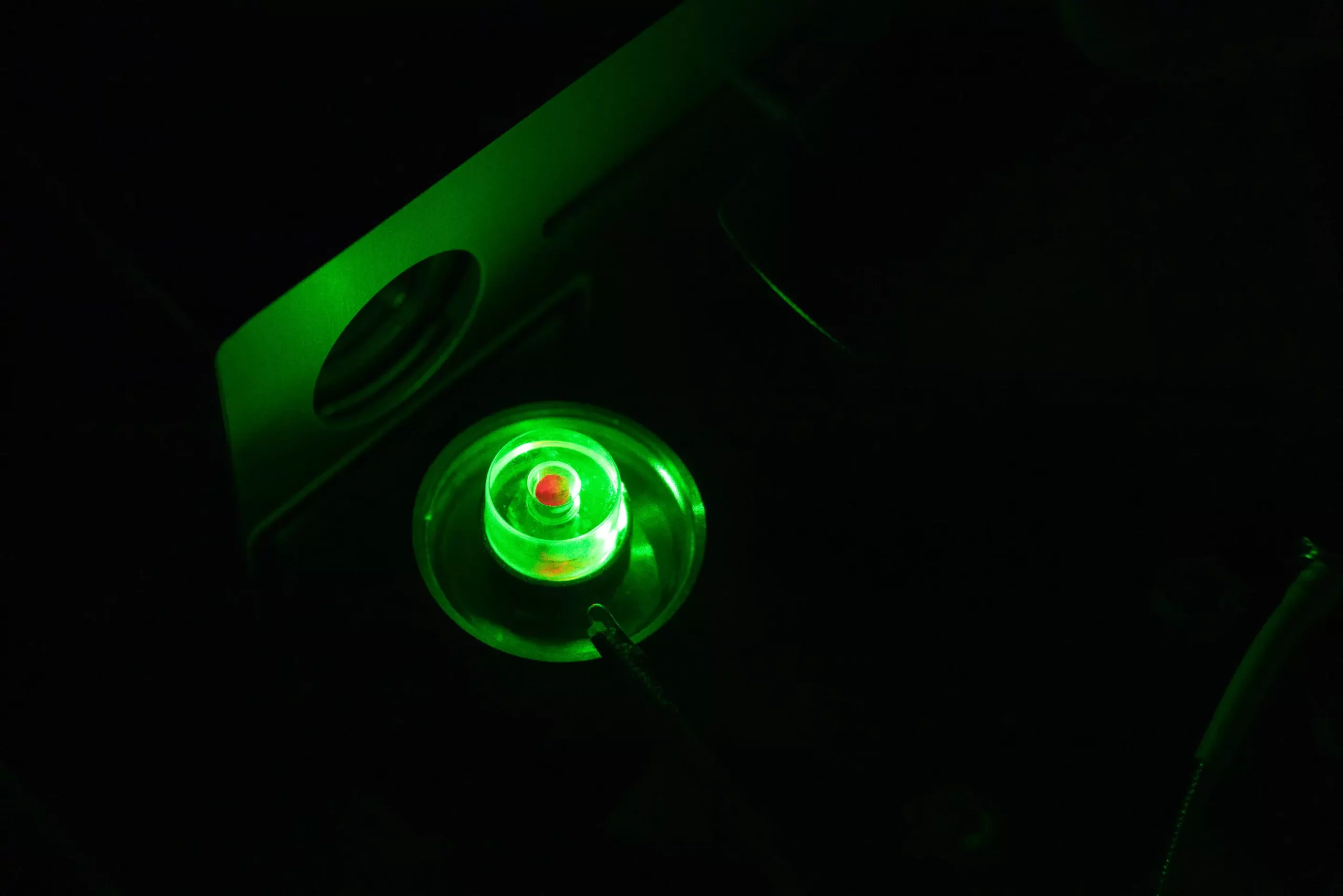The Department of Materials at Imperial College London has made a groundbreaking discovery in the field of technology by developing a portable maser that is the size of a shoebox. Masers are known for their ability to amplify extremely faint electrical signals and demonstrate high-frequency stability. The significance of this discovery lies in the fact that microwave signals can easily pass through the Earth’s atmosphere and penetrate the human body, which is not achievable with lasers. The applications of masers are extensive, ranging from telecommunications systems to advancing quantum computing and medical imaging techniques like MRI machines.
Unlike traditional masers that are large, bulky, stationary equipment found only in research laboratories, the new portable maser developed by Imperial College London is compact and portable. Weighing just a few kilograms and the size of a shoebox, this device can boost microwave signals at an affordable cost. The key to this innovation lies in the use of a pentacene gain material, consisting of a chain of five benzene rings that can “mase” at room temperature. Dr. Wern Ng, the lead researcher, emphasized that this portable maser does not require cooling or a vacuum, making it light, easy to use, and solid-state.
One of the main challenges faced by the research team was miniaturizing the pump source for the maser. While a room-temperature gain material eliminated the need for cooling, a high-energy pump was still required for existing masers. Dr. Daan Arroo, another researcher involved in the project, highlighted the importance of determining what is essential when designing a maser the size of a shoebox. The amplification of microwaves in the shoebox maser relies on pumping the pentacene molecules with pulses of visible light to place them in an excited state. The energy of these pulses is influenced by the material properties of the organic crystal containing the pentacene molecules.
Although the shoebox maser represents a significant advancement in maser technology, the researchers are already looking towards further miniaturization of the design. Dr. Arroo suggests that it might be feasible to replace the laser with a smaller LED-based light source by reducing the energy needed for pumping the molecules. Additionally, the team is exploring the miniaturization of diamond masers, which can operate continuously unlike the pulsed operation of pentacene masers. This opens up new possibilities for applications with continuous beams.
The development of the portable shoebox maser by Imperial College London’s Department of Materials marks a monumental breakthrough in technology. By making maser technology more compact, portable, and cost-effective, this innovation has the potential to revolutionize various industries, including telecommunications, quantum computing, and medical imaging. The future of maser technology looks promising with the continuous efforts to enhance portability, efficiency, and functionality in the field of solid-state masers.



Leave a Reply